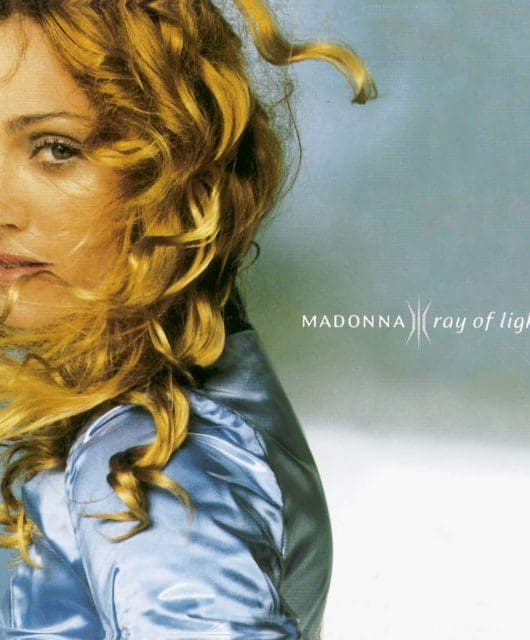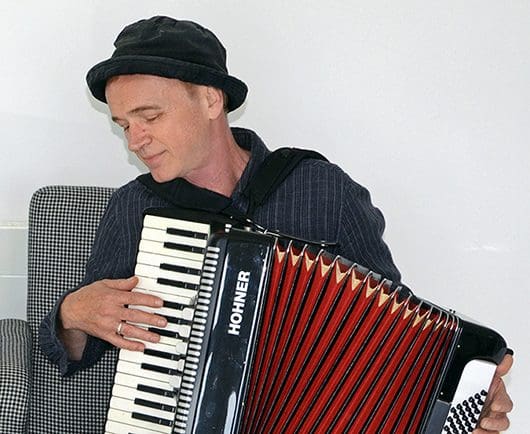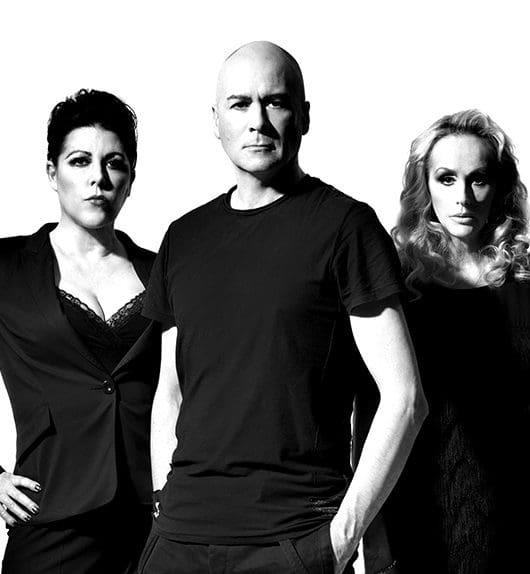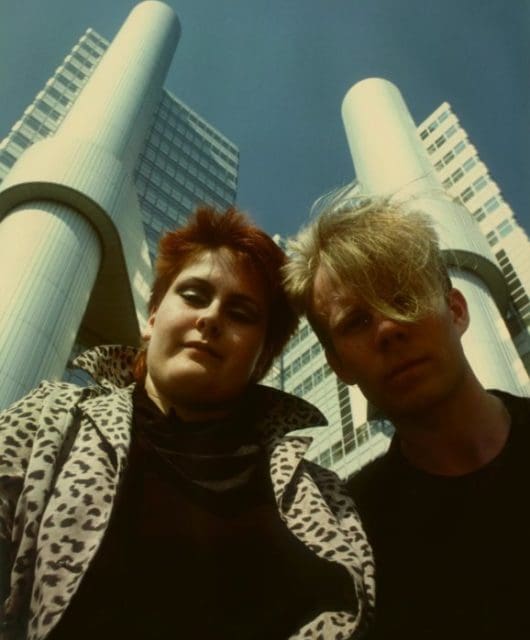Spotlight: We Are The World – the album
By Jon O'Brien | June 27, 2022
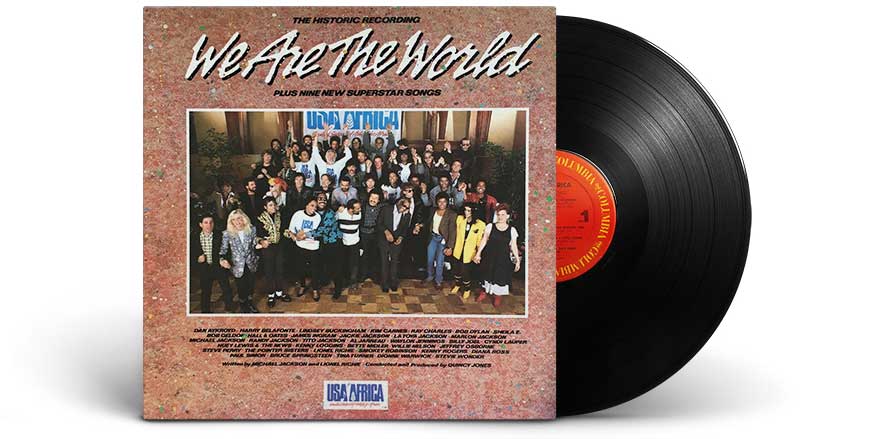
We Are the World hit No.1 across the globe, sold 10 million copies and picked up four Grammy Awards. Yet the album of the same name appears to have been erased from existence. Classic Pop takes a look back at the most forgotten U.S. chart-topping LP of the 80s.
Bob Dylan singing about world hunger with about as much passion as the talking clock. Bruce Springsteen straining so hard that you can practically hear his neck veins bulging. Cyndi Lauper’s caterwauling attempt to ‘do a Bono.’ It may be for mostly the wrong reasons, but it’s pretty hard to forget America’s less-than-subtle attempt to replicate the success of Band Aid.
Indeed, even us Brits – who just months earlier had made Bob Geldof and Midge Ure’s slightly more modest supergroup effort the biggest-selling song of all time – sent We Are The World to No.1, denying Tears for Fears’ far superior Everybody Wants to Rule The World in the process.
But chances are that you don’t remember its same-named parent album, a 10-track collection of curiosities which gave many of the names who so desperately craved centre stage on its lead single the chance to take it.
Yes, while Band Aid perhaps wisely restricted their recording output to a one-off track (well, until 1989, and then 2004, and then 2014) that will forever remain a staple of Christmas playlists, USA For Africa decided to extend their back-patting efforts to a full LP.
Overseen by the legendary Quincy Jones, We Are The World repeated the success of its opening call-to-arms in the States, topping the Billboard 200 during its 22-week chart run. And yet it left virtually no cultural imprint there. It’s not available on any of the major streaming services and several cuts remain strangely absent from YouTube: should Pointless ever make it across the pond, then the category of 1980s No.1 albums has at least one sure-fire winning answer.
And in Britain, where tolerance for cloying sentimentality and bombastic self-regard had perhaps been tested too much by its opening seven minutes, the LP couldn’t even trouble the Top 75.
Listening to We Are The World the album 35 years on, and it soon becomes apparent that we’re not dealing with a lost classic here. With its tinny synths and Kenny G-esque saxophone solo, Steve Perry’s offering If Only For The Moment, Girl – reportedly self-financed by the Journey frontman – ticks off nearly every cliché in the mid-80s soft-rock handbook.
Peter Cetera didn’t exactly go out on a high with the tepid light funk of Good For Nothing, the last Chicago track to feature his familiar tenor before he found Karate Kid-assisted solo success. And Huey Lewis And The News’ closing contribution, a live rendition of 1980 album cut Trouble In Paradise, essentially screams “this will do.”
And then there’s Northern Lights’ Tears Are Not Enough, Canada’s admirable, if ultimately second-rate attempt to create an empowering star-studded charity anthem of their own. The man responsible for the collective, Bryan Adams’ manager Bruce Allen, sure made use of his contacts book, securing some of the nation’s most well-respected singer-songwriters (Joni Mitchell, Neil Young, Gordon Lightfoot).
But he then saddled them with an air-grabbing power ballad, co-written by his gravelly-voiced client, even treaclier than their fellow North Americans’.
Interestingly, Tears Are Not Enough wasn’t conceived with the Ethiopian famine in mind. Producer David Foster initially offered it to director Joel Schumacher for his Brat Pack coming-of-age drama St Elmo’s Fire. However, even the man who would later helm Batman And Robin recognised it wasn’t much cop.
Well, initially, anyway. By the time he did a U-turn on the track, the mishmash collective that also included Geddy Lee of prog-rock giants Rush, Sunglasses At Night hitmaker Corey Hart and larger-than-life comedian John Candy were already gearing up for its recording.
And yet We Are The World isn’t without merit. The Pointer Sisters, then approaching the end of their commercial heyday, once again deliver a slick and sassy synth-R&B number tailor-made for a Jane Fonda workout with Just A Little Closer.
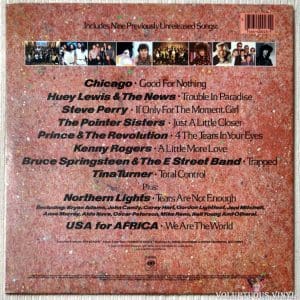
Tina Turner intriguingly transforms the new wave of The Motels’ minor hit Total Control into a sultry soul number. And although A Little More Love is never going to top anyone’s Best Of Kenny Rogers lists, it’s another solid country-pop crossover from the man who was reportedly the first major name to say yes to the whole project.
There are also two little gems hidden in amongst all the corniness and castoffs. Bruce Springsteen and reggae may not sound like natural fits. But The Boss redeems himself for his We Are The World showboating with a slow-building, impassioned take on Jimmy Cliff’s Trapped recorded on the New Jersey leg of his world-conquering Born In The USA tour.
Springsteen’s cover was the only other album cut to strike a chord with audiences Stateside, topping the Billboard Rock Chart and introducing a whole new generation to the sounds of the Jamaican cult hero.
Prince famously refused to join the celebrity do-gooders’ singalong for the album’s title track: his unwillingness to share the studio with other artists and his apparent offence at being called a “creep” by Bob Geldof were just two of the rumoured explanations.
Instead, The Purple One offered the only solo track to be penned especially for the record. Opening with the lines “long ago, there was a man/ Change stone to bread with the touch of his hand,” 4 The Tears In Your Eyes reads like a weighty sermon on paper. But with backing from The Revolution, its twinkling synths and cooing harmonies could easily have fitted onto his 1984 juggernaut Purple Rain.
It’s not the definitive version, however. Just two months after the album’s release, Prince also recorded a more stripped-back affair – the video for which debuted at Live Aid – that allowed his explicitly spiritual message to connect further.
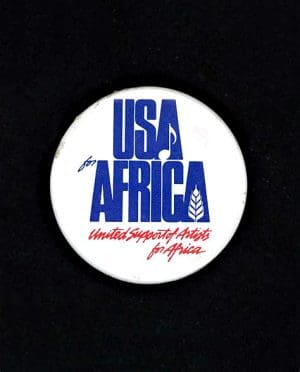
Sadly, it remains a mystery which category the shelved We Are The World track would have fitted into. Linda Ronstadt’s Keeping Out Of Mischief – pulled over either musical differences or a row with USA For Africa’s co-founder Harry Belafonte, according to reports – has never been officially released.
Of course, the album’s main initiative was to urgently raise money for a humanitarian crisis. And with its sales of three million contributing significantly to the $63 million raised by USA For Africa in total, it achieved its goal and then some.
Sure, the majority of those bought are likely to have been gathering attic dust since 1985. But its mediocrity, rather than any specific crimes against music, perhaps explains why We Are The World has essentially been airbrushed out of history.


